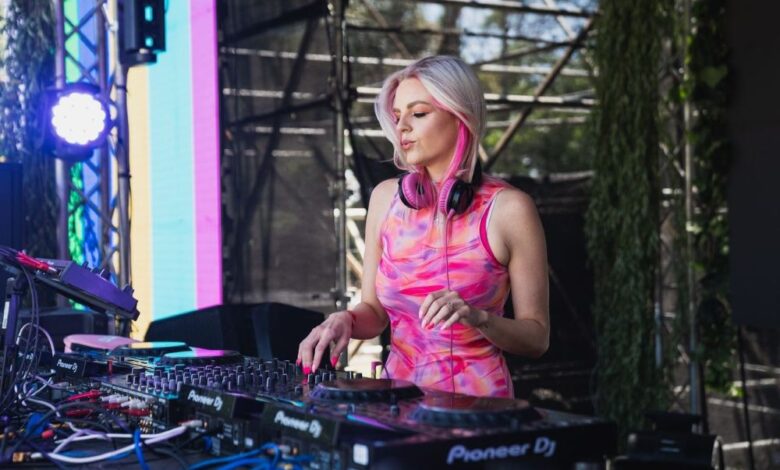Sync buttons do not make DJs
Why structured learning still matters in South Africa’s DJ economy

Sync buttons do not make DJs – There is a button on most modern decks that promises to do the hard part for you: sync. Press it and the software lines up tempos. “There is literally a sync button on all DJ equipment,” says Tinkz, who also lectures on the DJ short course at Academy of Sound Engineering in collaboration with Proaudio. “Big guys sometimes use it when they’re busy with effects but beat-matching is DJ 101. Learning to slot two songs into each other is the craft.”
In a market where a USB and a TikTok can launch a booking, Tinkz argues that training protects the music and the dancefloor. “You can teach yourself, but formal learning helps you avoid bad habits and learn from people who’ve done the job. You get told the things you wouldn’t discover alone.”
When Tinkz was coming up, DJs hauled bags of CDs to gigs. Now, most arrive with a USB and headphones. Even though the barrier to entry has dropped, the expectations have not.
“It’s easier to start than it used to be, but the work is still hard. Late nights, lack of sleep, and a lot of rejection. You need rhino skin.” Her manager’s rule of thum – It takes ten years before things fall properly into place. Of course, viral exceptions exist, but long careers usually take time.
What does training give you that YouTube cannot
So, what does training give you that YouTube cannot? It starts with discipline and decision-making. A good course forces you to hear and fix the small things: phrasing, gain structure, EQ restraint, and timing under pressure. These skills keep a floor from emptying when energy dips. It also widens your understanding of context, including opening vs. peak-time sets, festival vs. corporate logic, how to manage requests without losing the room, and when to pivot your crate plan because reality disagrees with your preparation.
Training also addresses the real-world admin that makes or breaks livelihoods, including invoicing, scheduling, stage logistics, and safety.
Then there is career design.
“You can’t just be a DJ anymore. If you want to play globally, you’ll likely need to be a DJ-producer, too. And you’ll need other income streams.”
Her examples range from artists who run businesses to those who build content brands. It comes down to being able to connect the dots to move students from set-building to production basics and entrepreneurial thinking.
South Africa’s musical heritage
Training also situates DJs inside South Africa’s musical heritage. Tinkz highlights how Afro-centric textures (drums, marimbas, that deep Afrotech feel) have evolved because they mix with global sounds rather than imitate them. DJs curate that conversation every weekend. Understanding where your selections come from and where they land is part of the job.
None of this means formal training is mandatory.
“Everyone has a different path. If you taught yourself on VirtualDJ, cool. If you waited years to learn properly on CDJs, also cool.” But she is clear about the upside of structured learning. For example, time saved, avoiding mistakes, and gaining mentors who shorten the distance between your study and the booth.
A formal programme
Of course, infrastructure matters. A formal programme provides hands-on time with club-standard gear, multiple studios, and even broadcast-adjacent spaces. Students leave with fewer surprises when they plug into a real rig.
The case for training is simple. You must respect the craft and the crowd. Also, learn to mix by ear, even if you keep sync on standby. While classrooms do not replace clubs, they support and nurture them. The rest are hours of hard work, your ears, and the stubborn love of music that got you onto the dancefloor in the first place.




